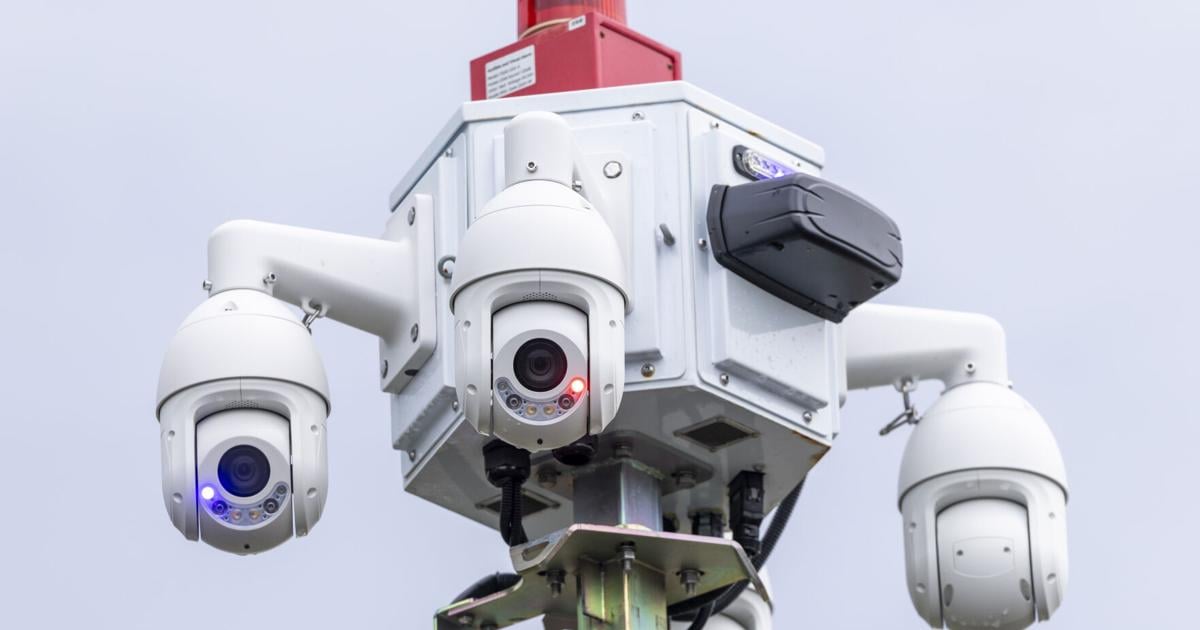On Aug. 20, a New Orleans City Council committee will consider its latest version of a new facial recognition ordinance. If the ordinance is approved, Louisiana will become the first state in the nation with a citywide biometric surveillance network capable of tracking hundreds of thousands of residents in real time.
We have been treated as a sacrifice zone for oil, gas and plastic plants to destroy our ecosystem and poison our health, causing us to boast the highest rates of cancer in the country. We are not guinea pigs, and we are not disposable.
So this is technically not a long read, but an excellent opinion piece written by a New Orleans resident regarding an upcoming ordinance vote by City Council.
If you’re interested, here is some important background about the use of surveillance in the city: ~2012-2018: Palantir has secretly been using New Orleans to test its predictive policing technology
2015: Meet The Man Who Runs New Orleans’ Entirely Privatized (And Controversial) City Surveillance System
2017: ProjectNOLA plans to expand crime camera network, work more closely with New Orleans officials
2020: New Orleans City Council bans facial recognition, predictive policing and other surveillance tech
May 2025: Police secretly monitored New Orleans with facial recognition cameras
June 2025: City camera technology not useful for facial recognition: Project NOLA founder
Lagarde says he believed a proposed new ordinance would “free up NOPD to tap the Project NOLA network without concern” as needed.
July 2025: New Orleans councilmember against facial recognition expansion
“Now, throughout this ordinance, there is a tremendous amount of language which adds additional restrictions, such as it cannot be used to check someone’s immigration status,” Morrell said. “I know this is kind of where NOPD and the authors are hanging their hat, to say this isn’t about immigration.” But Morrell argues those protections could be undermined by a new state law. “Act 399 of this last legislative session by Senator Jay Morris essentially, he created a new crime,” Morrell said. “If an elected official or a government official does not cooperate with ICE.” Civil liberties advocates say those legal pressures could make facial recognition data vulnerable to federal use even if city leaders say otherwise.
“I mean, I don’t know about you,” said a representative from the ACLU of Louisiana, “but I don’t necessarily trust that the federal government, if they came in and wanted to look at this, look at these records and this data, that they would be using it in a good way. I don’t think… maybe Jeff Landry wouldn’t be looking at it in such a great way either.”
Future of surveillance across America as of 2025:
June 2025: Trump’s Palantir-Powered Surveillance Is Turning America Into a Digital Prison


